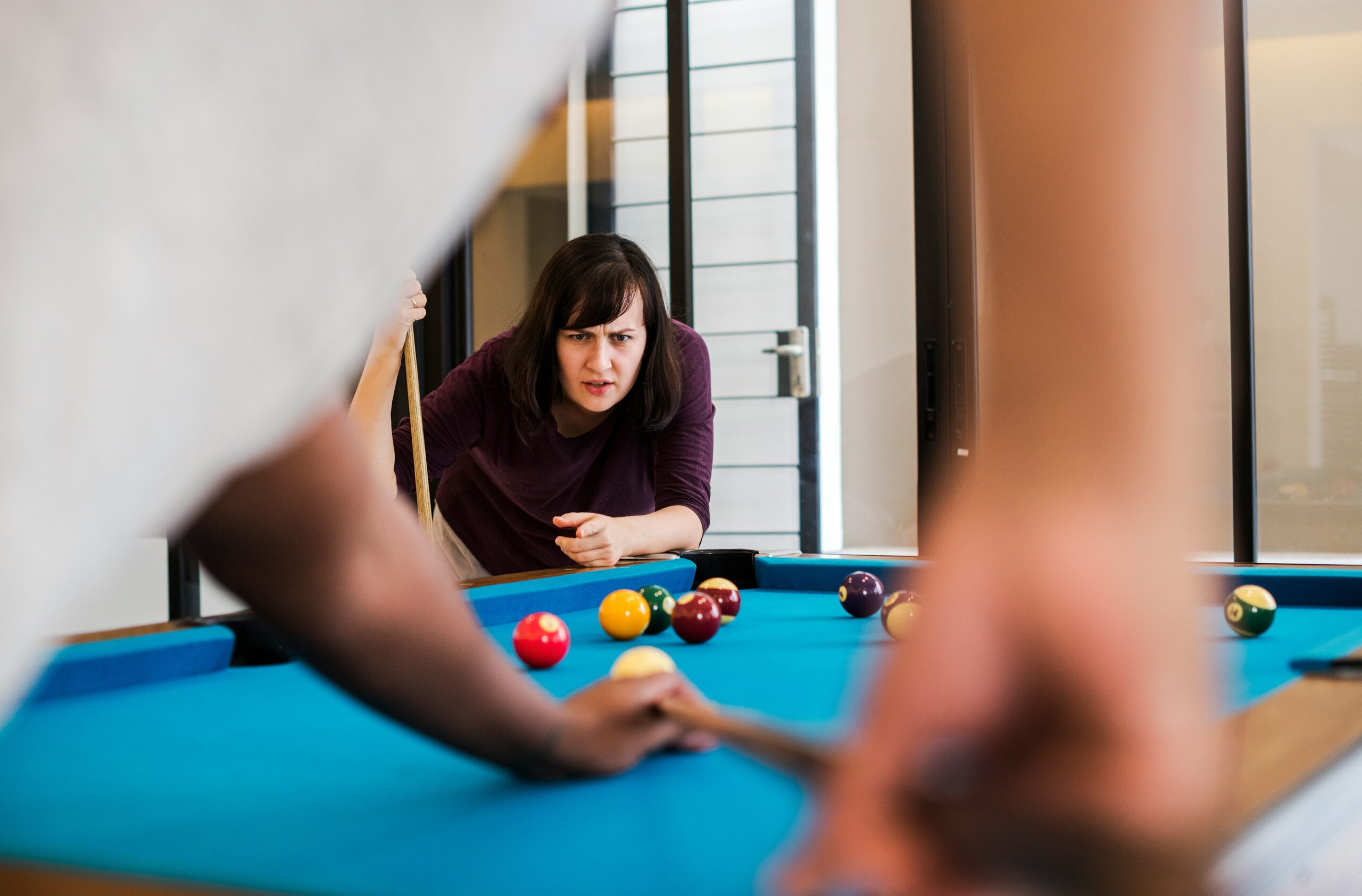
Billiards, commonly known as pools, are more than just leisure activities in bars and pool halls worldwide. They’re a complex mental exercise that engages and develops various cognitive capabilities, including enhanced problem-solving skills and mental agility. This article explores how the strategic game of billiards can serve as a tool for boosting cognitive function in a fun and engaging way.
Sharpening Strategic Thinking
Playing billiards requires a lot more than aiming and hitting balls into pockets. It demands advanced strategic planning and the ability to think several moves ahead. This aspect of the game closely mirrors the skills needed in chess, where players must anticipate their opponent’s moves and plan their strategy multiple steps in advance. Engaging in regular billiards play helps sharpen these abilities as players learn to consider every possible angle and sequence to make the most effective shot.
Each game presents a new configuration of balls, requiring players to adapt their strategies continuously. This constant need for adjustment enhances a player’s capacity to quickly process information and make strategic decisions. Over time, this practice can improve one’s proficiency in decision-making processes in daily life, from navigating complex work situations to managing personal relationships.
Boosting Visual-Spatial Reasoning
Billiards also significantly enhances visual-spatial reasoning skills. Players must visualize trajectories, angles, and ball placements, translating theoretical knowledge into physical action. This involves a high level of geometric calculation and an intuitive understanding of physics as players consider factors like force, angle, and spin.
The benefits of this mental exercise extend beyond the pool table. Improved visual-spatial skills can help in activities such as driving, where one must navigate and react to spatial dynamics quickly. Moreover, these skills are crucial in fields that involve technical spatial abilities like architecture, engineering, and graphic design.
Improving Concentration and Focus
Focus is key in billiards. Players must concentrate not only on their current shot but also on setting up their next move. This concentration level requires players to focus intensely on the task while ignoring distractions. Regularly engaging in games that require this level of focus can enhance one’s ability to concentrate in other areas of life, including academic and professional settings.
Moreover, the focus needed in billiards can also serve as a form of mental meditation, clearing the mind of external worries and stressors. This can improve mental well-being and reduce stress levels, improving overall health and quality of life.
Enhancing Hand-Eye Coordination
The physical aspect of playing billiards involves precise hand-eye coordination. Making successful shots depends on accurately aligning one’s vision with one’s motor skills. This fine-tuning of motor skills can enhance overall coordination and agility.
Practicing billiards can thus benefit individuals in other hobbies and sports that rely on precise movements, such as playing musical instruments, painting, or engaging in racquet sports. Moreover, developing these skills can aid in maintaining dexterity and coordination as one ages, potentially staving off the effects of aging on motor skills.
Building Social Connections
While the cognitive benefits of playing billiards are significant, it’s also a great way to build and maintain social connections. Billiards are typically played in social settings, providing a communal space for people to gather, compete, and connect. This social interaction is a key component of mental health and emotional well-being.
The game’s social nature helps players develop communication and interpersonal skills. Negotiating rules, celebrating victories, or commiserating over losses can enhance emotional intelligence and foster community and belonging. These social skills are vital across all areas of life, from personal relationships to professional environments.
Billiards offers a unique blend of mental challenges and social interaction. It is a compelling activity for those looking to enhance their cognitive functions while enjoying time with friends or new acquaintances. Whether you are a novice or an experienced player, the benefits of engaging in this strategic game can contribute significantly to your mental agility and social well-being. So, the next time you pass by a billiards table, consider picking up a cue – your brain might thank you.